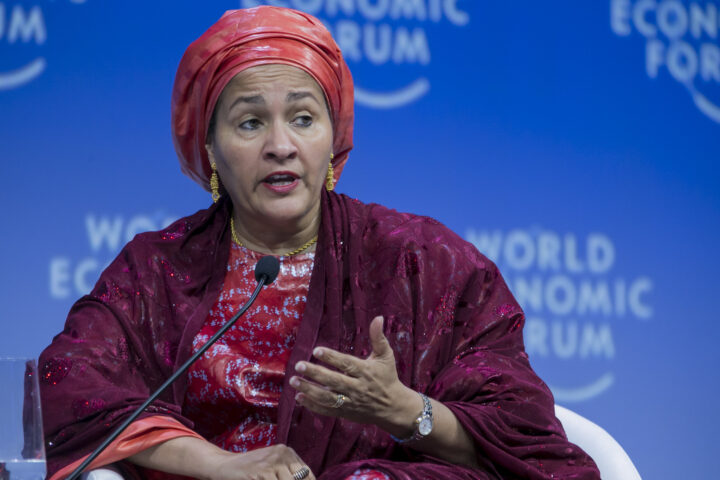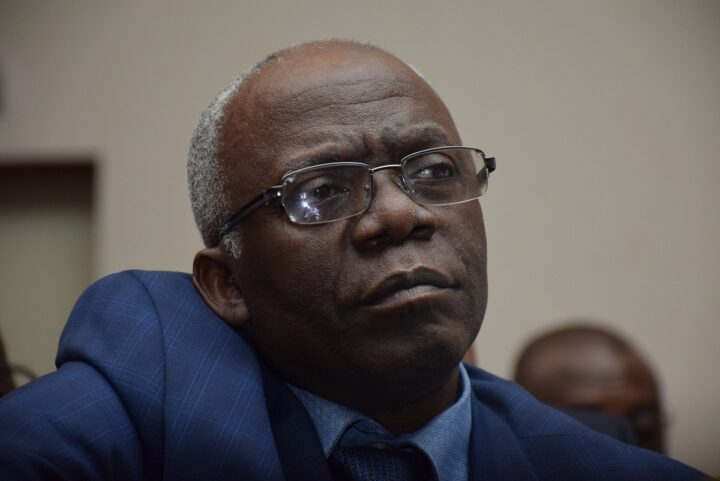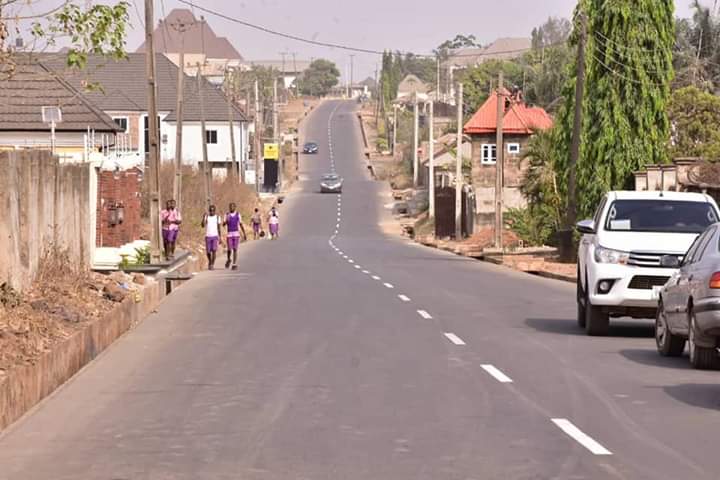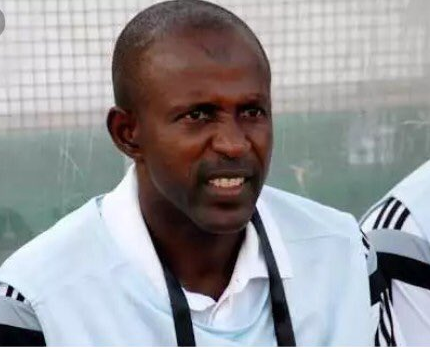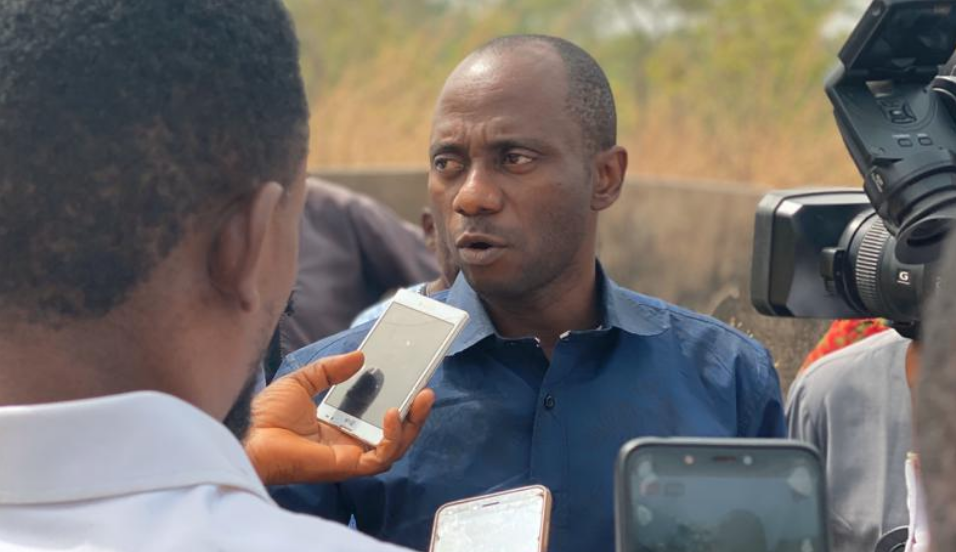Amina Mohammed, Deputy Secretary-General, United Nations, New York speaking during the Plenary Session: Shaping Inclusive Growth and Shared Futures in the Fourth Industrial Revolution at the World Forum World Economic Forum on Africa 2019. Copyright by World Economic Forum / Benedikt von Loebell
Amina Mohammed, deputy secretary-general of United Nations, says poverty is declining in Africa but 428 million people are still living in it.
Mohammed said this at the sixth session of the Africa Regional Forum on Sustainable Development (ARFSD) in Zimbabwe on Tuesday.
She said major scientific and analytical reviews show that the world is not on track to achieve the sustainable development goals by 2030.
She said 2020 is an opportunity for Africa to chart a different course and kick start a decade of action to deliver the SDGs.
Advertisement
“The absolute number of people living in poverty on the continent has been increasing since 2013, owing in part to high population growth rates. That number has now reached 428 million,” Mohammed said.
“Africa also has the highest prevalence of hunger, with 22.8 million people severely food insecure; many of whom go to bed hungry. Income inequality is also high, and in most African countries, the rate of youth unemployment is more than twice that of adults.
“Gender inequality is costing sub-Saharan Africa $95 billion every year in lost opportunities. Africa’s natural environment is also suffering. Forest cover is disappearing by half a percent annually. Africa is expected to lose 50 percent of its birds and mammals by 2050.”
Advertisement
She said all these pose a great challenge to the continent, adding that the success of the SDGs depends on the success of Africa 2063.
AFRICA’S ECONOMY TO REMAIN STABLE IN 2020
She, however, noted some progress the continent has made, saying Africa continues to have some of the world’s fastest-growing economies with its growth projected to remain stable in 2020.
She said the wide-ranging progress has been achieved because of African leadership, engagement of Africa’s young people, sound policies and effective international cooperation.
Advertisement
“The proportion of people living in poverty is declining — from 34.5 percent in 2015 to 32.5 percent in 2019. In ten countries, poverty rates are below 10 percent,” she said.
“Africa has made progress in the quest for peace and security, mostly by strengthening continental response frameworks and institutions, as well as by working with the United Nations and other organizations on the ground to secure inclusive transitions.
“There have been considerable gains in health outcomes – with less women and children dying in childbirth or because of diseases; improvements in access to education and electricity; and a dramatic rise in internet connectivity.
“Commitments on climate action are also encouraging, with all African countries having signed the Paris agreement and 48 having ratified.
Advertisement
“Over the past five years, many governments have aligned their national plans and strategies with the 2030 Agenda and Agenda 2063. And by the end of the High-Level Political Forum this year, 45 African countries will have completed voluntary national reviews.”
Advertisement
Add a comment
